California Tire Recycling Bill Fails
In followup to our report last month on tire recycling industry opposition to AB 509, California’s proposed tire recycling bill, Terry Leveille, President, TL Associates provided a brief summary of the fate and future of AB 509.
AB 509 was held in the Senate Appropriations Committee on September 1, effectively killing the bill. It’s sponsor, Californians Against Waste (CAW), either couldn’t find another bill that AB 509 language could be inserted into, or simply ran out of time.
The first year of the California’s two year legislative session ended Sept. 15 and although it is possible that CAW may re-introduce a new version of AB 509 next year by its sponsors, Leveille said it will be more difficult if CAW proposes a new bill that contains a tire recycling incentive program. The time frames for shepherding legislation through the committees are shortened; it is an election year and bills that have “fees” in them generally fare poorly due to voter hostility and legislator wariness; and the opposition, which galvanized itself in the waning weeks of this year’s legislative session, will be better organized, Leveille said.
The tire incentive program outlined in AB 509 was to be administered by CalRecycle with a minimum of $30 million budgeted every year, almost all of the approximately $34 million CalRecycle receives annually from its current fee on the sale of new tires. AB 509 also would have given added another tire fee–a regulatory tire fee–of up to $1 per new tire sold, double the amount the state could spend on the program.
In the last few weeks of the legislative session, a number of tire recyclers and associations, including CRM Company, Lakin Tire West, Manhole Adjusting, Inc., the Rubber Pavements Association, and the California Tire Dealers Association (CTDA), came out in opposition to AB 509. Different reasons were given for their opposition. The CTDA opposed giving CalRecycle the ability to initiate a new tire fee especially when the state had an unspent balance in its Tire Fund of nearly $80 million. Other California tire stakeholders pointed to the problems with fraud, “fly-by-night” operations diverting waste tire flow, and unanticipated costs that other states and Canadian Provinces experienced when starting up tire recycling incentive programs.
© Scrap Tire News, October 2017






